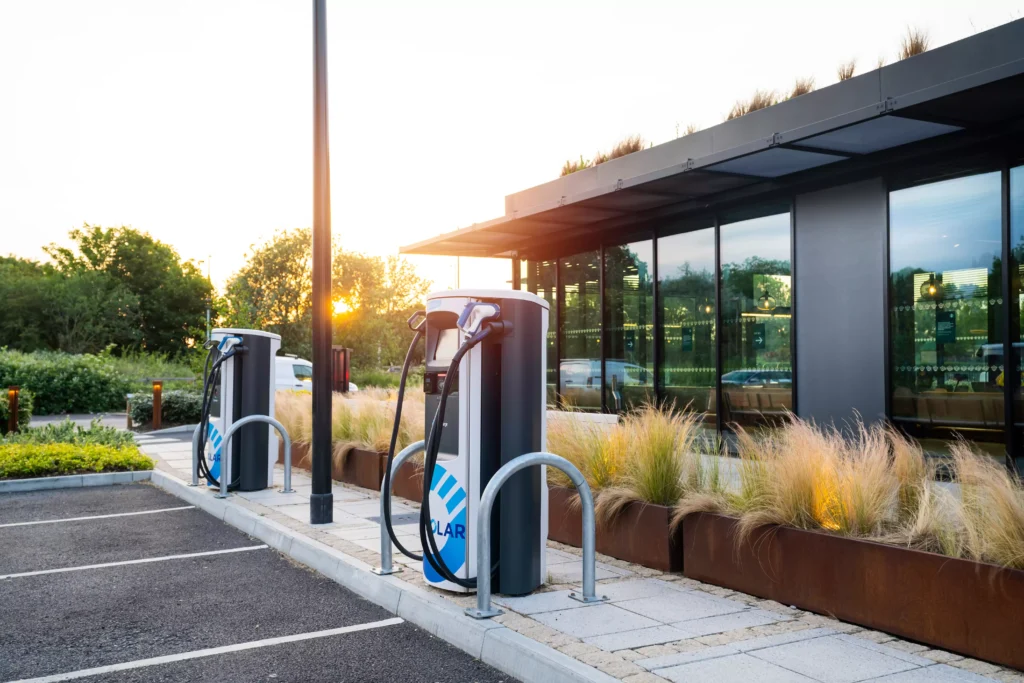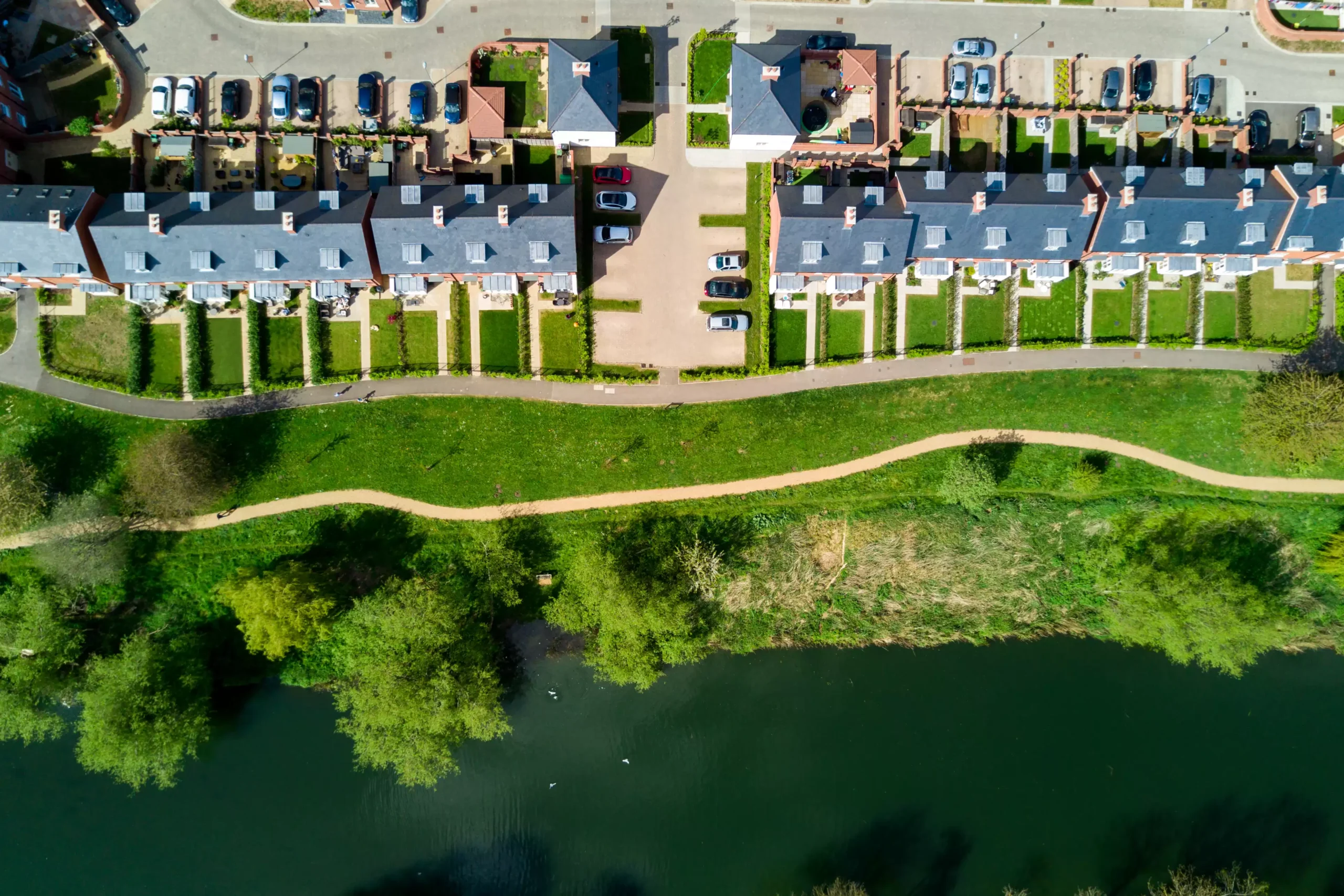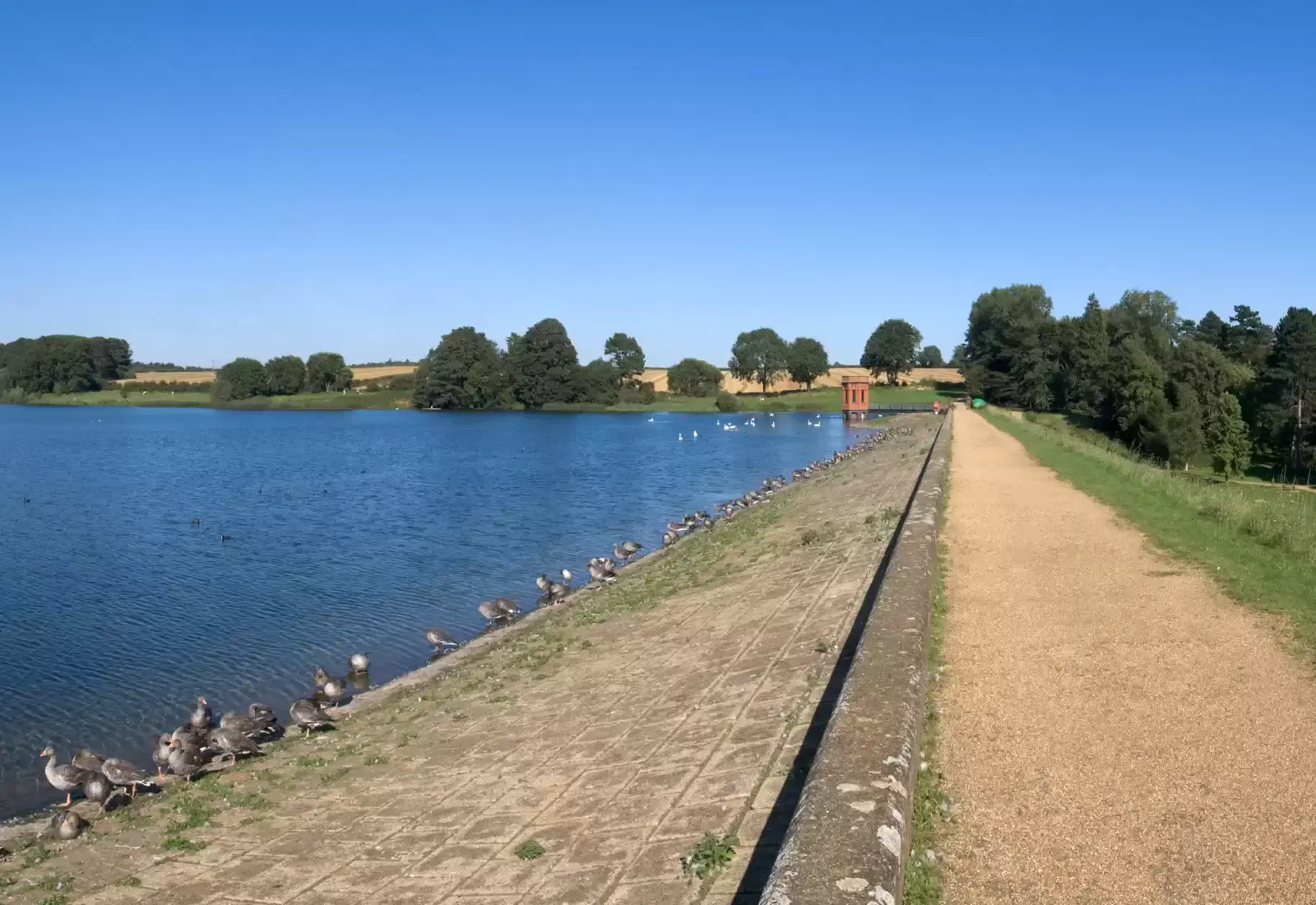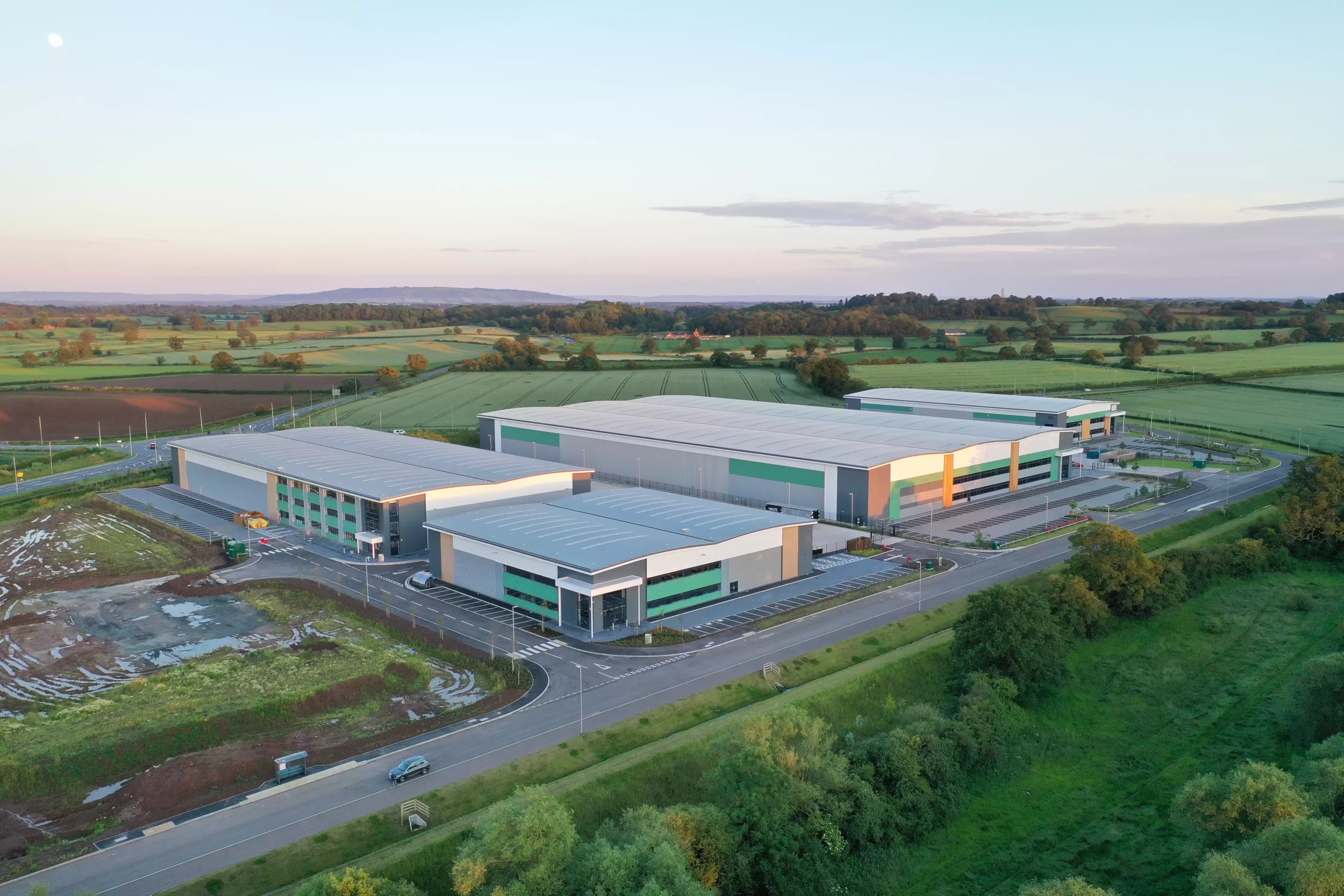Our mission is to help build better and more sustainable places to live and work. Our Managing Director Gregory Addison-Smyth explains how we’re supporting the UK’s transition to net zero by delivering energy through our networks in the simplest, smartest and greenest way possible.
Achieving net zero by 2050
The energy industry is changing. The UK Government has set out its vision for a decarbonised economy by 2050. That means reducing the nation’s reliance on fossil fuels and cutting carbon emissions by moving to renewable alternatives for heating and transportation.
Supporting the transition to net zero
We’re helping accelerate the UK’s transition to net zero. By adopting greener utility infrastructure, we’re supporting developers, housebuilders, independent connection providers (ICPs) and utility infrastructure providers (UIPs) to build better and more sustainable places to live and work.
Renewable heat
As an independent gas transporter (IGT), we adopt gas connections to new build homes and businesses. We’re a forward-looking company and we actively support the use of green gas, such as biomethane, within our networks. We’re also involved in studies to prove hydrogen can be used in our networks in the future. Hydrogen is a clean gas and can heat a home safely without any harmful carbon dioxide (CO2) emissions.
As an alternative to gas, some developers install air-source heat pumps or ground source heat pumps to heat water in homes. We’re experienced in this field and can help design schemes which use such technologies while minimising reliance on the upstream DNO’s network.
We also work closely with partners who deliver heat network schemes. We support the delivery of heat network projects by carefully integrating the electricity network with the design of the heat network.
Electrification of transport
We believe the electrification of transport is a key enabler in transitioning to a low-carbon economy.
Passenger cars and vans contribute around a fifth of the UK’s total CO2 emissions and are a major contributor to climate change. Investing in the roll-out of charging infrastructure is essential to ensure we deliver access to charging facilities for all, particularly those without access to off-street parking and charging. Further investment will also help ease range anxiety, which is one of the factors affecting the uptake of battery electric vehicles (BEVs).
We’re a leading independent network operator (IDNO) for electric vehicle charging points and we work with ICPs, charge point operators, fleet operators and local authorities to adopt connections to electric vehicle chargers. We adopt connections of all sizes, from household EV chargers to large motorway EV super-hubs. We can help every step of the way, in addition to offering an Asset Value payment.
From design to adoption, our focus is on making the ICP journey as simple as possible. Legal rights are perceived as one of the key blockers to the successful rollout of major charger installation programmes and we’re leading the way on innovative approaches to combat such challenges.
Battery storage
We’re providing a multi-utility route to net zero. As well as adopting new energy networks and EV charging hub connections, we also adopt connections to battery energy storage systems.
Battery storage, or Battery Energy Storage Systems (BESS), are large-scale battery units that enable energy to be stored and then released when customers or the grid need power most. This helps alleviate constraint issues on the grid. We adopt up to Extra High Voltage (132kV) storage schemes and can support the design process to help establish the optimum metering solution for the site.
We’re committed to supporting the evolution of a low-carbon energy system by actively investing in electricity connections to battery storage sites. We offer Asset Value contributions to help offset the cost to construct the network and we have experienced technical experts within our team who can support you with the connection to your battery storage project.
Data centres
As homes, towns and cities become smarter, data centres have an increasingly key role to play in society. That’s why adopting connections to data centres is one of our key strategic objectives.
At mua, we understand the importance of ensuring a secure, safe and resilient supply of power to data centres. We offer market-leading Asset Value contributions to adopt data centre connections, working with you to develop a payment plan that works for you throughout the various power ramping stages.
Our decarbonisation strategy
As a business, we have adopted net zero as a core principle. We want to proactively contribute to restoring the environment, and enabling and developing healthier approaches to projects that benefit the communities we serve.
We will do this by ensuring we choose plant and equipment with the planet in mind, as well as investing in green spaces and planting trees – nature’s own, and still the best, carbon capture system to offset the carbon we may indirectly contribute to.
We want to invest in training and education to make sure our communities have the knowledge to fight climate change, which is the best weapon we have to protect the planet.
Together, we can make a difference and we want our customers and communities to join us on the journey to net zero.




